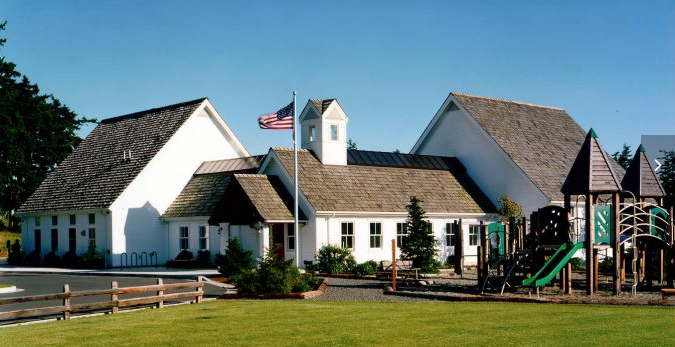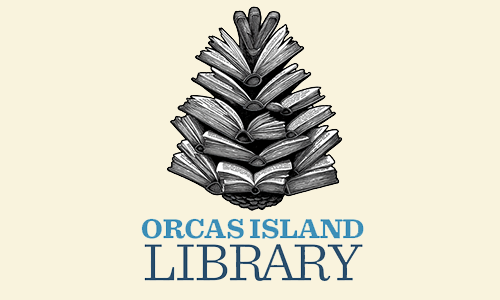— by Susan McBain, Orcas Issues Reporter —
Three major topics took up most of the time at the August 28 meeting of the Orcas Island Health Care District (OIHCD).
First was the process of reaching agreement with the UW Neighborhood Clinics (UWNC) management on medical services to be provided on Orcas Island. At a special meeting on August 24, several commissioners discussed with UWNC managers the compromise proposal that Commissioner Patty Miller had prepared. Miller reported that full agreement was reached on only one of the 11 points in that proposal—“We need more data!”—but that none of the 11 was rejected outright.
Instead, the group agreed on next steps for most of the points, including the Orcas clinic’s (UW’s) open hours, tracking and categorization of all after-hours calls, provision of an on-island doctor for after-hours calls when necessary, registration of non-UW patients for acute and after-hours care, the broad skill sets that are needed by providers on an isolated island, and “medical control” of patients that are transferred from EMS to a clinic or vice versa.
Commissioner Pegi Groundwater noted that the commissioners did an excellent job of conveying to UWNC how important a workable service model is for the island. Commissioner Art Lange was concerned that agreement on at least the most important points needs to be reached very soon because of OIHCD’s budgeting schedule. The commissioners are continuing their daily work to gather needed information and reach an agreement that will support contract negotiations.
The second topic was the latest plan for financing OIHCD’s expenditures before tax revenues become available in the spring of 2019. OIHCD’s financial subcommittee—which Commissioner Richard Fralick suggested should be renamed the “Whipsaw Committee”—proposes to enter into a purchase and sale agreement to acquire the clinic building from the Orcas Medical Foundation (OMF) by October 5. Under this arrangement, OMF would use the proceeds from the sale of the building to fund the UW clinic through the remainder of 2018. OIHCD will also work on an interim agreement with UWNC to fund operating losses until a final agreement can be reached, and to lay out requirements for a transition if a long-term agreement cannot be reached. “I want to make it clear that we are very committed to reaching agreement with both clinics,” Miller pointed out. “Transitioning to another alternative is not a path we want or are planning on, but in order to protect ourselves, we need to have the necessary provisions in our contract to cover that possibility. It’s just a contingency plan.”
The amount to be borrowed for capital expenses will be $650,000-$700,000, including an estimated $340,000 for purchase of the building, $255,000 for capital repair/improvements (roof, painting, and HVAC), and $50,000 for OIHCD start-up costs. In addition, OIHCD will open a revolving line of credit for operations in the amount of $250,000, for a total of $900,000-$950,000. The commissioners gave their approval for the subcommittee to continue pursuing these plans.
The final topic was the issues to be addressed in upcoming Town Halls and community surveys on island health care. The commissioners are planning two Town Halls, the first on Saturday, September 8, 3-5 p.m., and the second on Thursday, September 20, 5-7 p.m., at the Fire Hall. They plan to conduct several surveys as well.
The overall question at this meeting was whether these efforts to gather community input should focus on particular issues, such as acute and after-hours care, or should be broadly focused on all aspects of care, so that islanders can identify ones they feel are most important—“deal breakers,” as Miller put it. Miller and Groundwater preferred a broader focus, and all commissioners agreed. Lange suggested that the first survey might focus on acute and after-hours care because of the fast-approaching deadline for budgeting for the costs of extra services if necessary.
The commissioners agreed on a compromise: begin the first meeting and survey with a few questions on the importance of a wide range of issues, then explain the need to narrow the focus to acute and after-hours care at this point.
The next regular Commission meeting is Tuesday, September 4, at 4 p.m. at the Eastsound Fire Hall.
**If you are reading theOrcasonian for free, thank your fellow islanders. If you would like to support theOrcasonian CLICK HERE to set your modestly-priced, voluntary subscription. Otherwise, no worries; we’re happy to share with you.**







